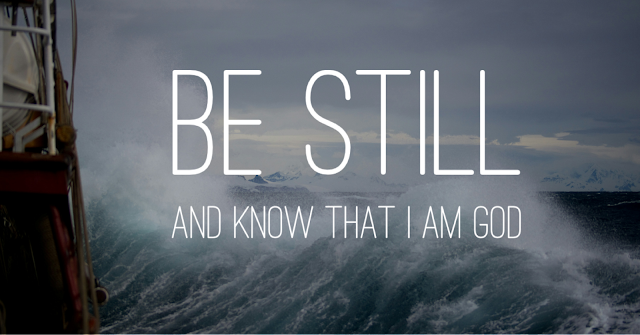Laying Down My Ill Will
I fasted today for worldwide relief from COVID-19. I and millions of others. We went without food and water for two meals and tried to turn our hearts and minds to God and to the needs of those who are suffering. More than half a million of us joined a FaceBook group that was predominantly Christian but also joined by Muslims, Buddhists, Hindus, and even atheists, all uniting our faith and hope for healing. I was particularly touched by the resolution of some Christian participants to join their Muslim brothers and sisters in kneeling in prayer five times today. I wanted to shout hooray!
And yet, something was missing. I wanted to feel much more connected to God and to others than I did. I tried to set the day aside for contemplation, and then I fell asleep while writing my memories of times when Heaven has felt particularly close. When I woke up, the fast was nearly over. And I didn't feel like I'd done my part. Going without food and water is a huge offering when you're new to it, but it becomes almost commonplace when, in good health, you've fasted weekly for years and monthly for almost your entire life. For my fast to be effective, I knew I needed to offer something more.
That led me to ponder on the Law of the Fast as described by Isaiah. He remonstrates with those who fast "for strife and debate," and calls them instead to focus their fast on changing their hearts, feeding the hungry and relieving the oppressed. "Then shalt thou call, and the Lord shall answer;" he declares. "Thou shalt cry, and he shall say, Here I am. If thou take away from the midst of thee the yoke, the putting forth of the finger, and speaking vanity; And if thou draw out thy soul to the hungry, and satisfy the afflicted soul; then shall thy light rise in obscurity, and thy darkness be as the noonday." (Isaiah 58:4,9-10).
I like to think of myself as someone who avoids strife and debate and pointing the accusing finger, who seeks to do good for my fellowman, but I've recently been granted a glimpse at the darkness that still lurks in my own heart. Please forgive me for this next paragraph It's not pretty, and you may find it especially offensive if you are a supporter of our current US President.
I'd been musing on President Trump's downplaying of COVID-19 and his seeming reluctance to hold the line on social distancing. I fantasized about the poetic justice it would be if he contracted the virus and died from it. Then I sat down to read the scriptures and opened to a Book of Mormon passage where a besieged governor tells his general, "I do not joy in your great afflictions, yea, it grieves my soul. But behold, there are those who do joy in your afflictions" (Alma 61:2,3).
"What a horrible thing to be someone who joys in the afflictions of another," I thought. And then I recognized my hypocrisy.
Donald Trump is as precious to God as I am. How dare I fantasize about harm coming to him? How dare I mock him, refuse to give him credit when he does well, roll my eyes at the mention of his name? How dare I despise him?
It's okay for me to be horrified by many things he says and does. It's okay for me to vote against him and to try to persuade others to do the same. But it is not okay for me to blind myself to his human dignity, to treat him as anything less than a beloved son of God.
Though I may believe that his political influence on the nation and the world is toxic and I can work to bring someone else to the White House, right now, he's the guy who has the job of making vital decisions that affect billions. I need to be exercising my faith in the direction of him doing his job well. Not looking for him to fail. He needs and deserves my prayers on his behalf.
I am reminded of Sir Thomas More. His erstwhile friend, King Henry VIII, broke with the Catholic Church, in which More deeply believed. King Henry had More, his Chancellor, imprisoned in the Tower of London for refusing to acknowledge the King as supreme head of the Church in England. More was eventually convicted of treason, on the testimony of a witness who'd been bribed by the State, and condemned to death. At the public execution, just before kneeling before the headsman, More faced the assembled crowd and offered his final words. "Pray to God that He will give the king good counsel. I am the King's good servant - but God's first."
If Thomas More could bear no ill will toward the former friend whose policies he abhorred and who ultimately sent him to the executioner, if he could pray for the King and plead with others to pray likewise on the very threshold of his unjust death, then I can, this Easter, lay down my ill will toward those in power with whom I disagree. I pray God to give them good counsel and to prepare their hearts to receive it.
This is the offering that I hope will make my fast today acceptable to the Lord.




Bang on beautifully expressed! Hits me where it hurts.
ReplyDeleteThat's really high praise. Thanks!
Delete